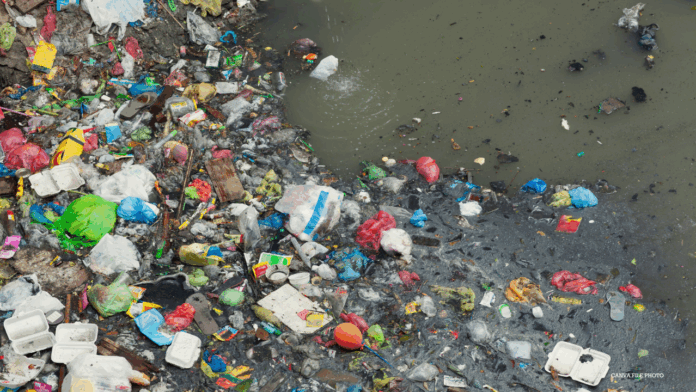The Philippines, being an archipelago, is surrounded by oceans, seas, and bays. It is also endowed with rich biodiversity and natural resources, including bodies of water, rivers, lakes, and wetlands. However, water pollution remains one of the most significant industrial pollution challenges faced by our country.
Industrial activities are a major source of water pollution in the Philippines, accounting for 24% of the country’s total water pollution. Industrial facilities release pollutants such as heavy metals, oils, and hazardous chemicals into waterways.
“Significant industrial waste is haphazardly dumped into the Meycauayan River, a source of domestic and agricultural water for 250,000 people living in and around Manila. Substantial contamination comes from small-scale lead recycling facilities along the river at Marilao, and from the many tanneries that dump untreated hexavalent chromium into the river. This river also feeds directly into the Manila Bay, and its effluents contaminate shellfish in commercial fishing areas,” according to a report published by Pure Earth, a non-profit environmental health organization that partnered with the national and local government of Meycauayan, Bulacan to address the concern.
Industrial pollution also contributes to climate change, primarily due to greenhouse gas emissions such as carbon dioxide and nitrous oxide released into the atmosphere. These gases trap the sun’s heat, causing global warming.
Another impact of industrial pollution that worsens climate change is the reduction of photosynthesis and slower plant growth due to air pollution, which damages plants, crops, and forests.
Soil contamination is another consequence of industrial pollution, often caused by improperly disposed industrial waste. Therefore, regulatory bodies from both national and local governments — along with private sector stakeholders that are part of the Multi-Partite Monitoring Teams (MMTs) and the main government agency, the Department of Environment and Natural Resources (DENR) — must fulfill their mandate to protect our water bodies and hold industries and businesses accountable.
Major industries in the country include manufacturing of consumer goods and commodities, mining and mineral processing, pharmaceuticals, electronics, food and beverage, packaging, energy, fuel and oil, infrastructure, cement, and more.
Addressing industrial pollution in the Philippines requires a united effort — from the government, companies, and the public. This can be achieved through strict enforcement of existing environmental laws, such as the Clean Air Act and Clean Water Act, along with the implementation of effective pollution control programs and projects. At the same time, ordinary citizens must do their part by reducing overconsumption, reusing and repurposing recyclable materials, and planting trees. Everyone — from policymakers to corporations to individuals — must take responsibility and be accountable for protecting our environment.



